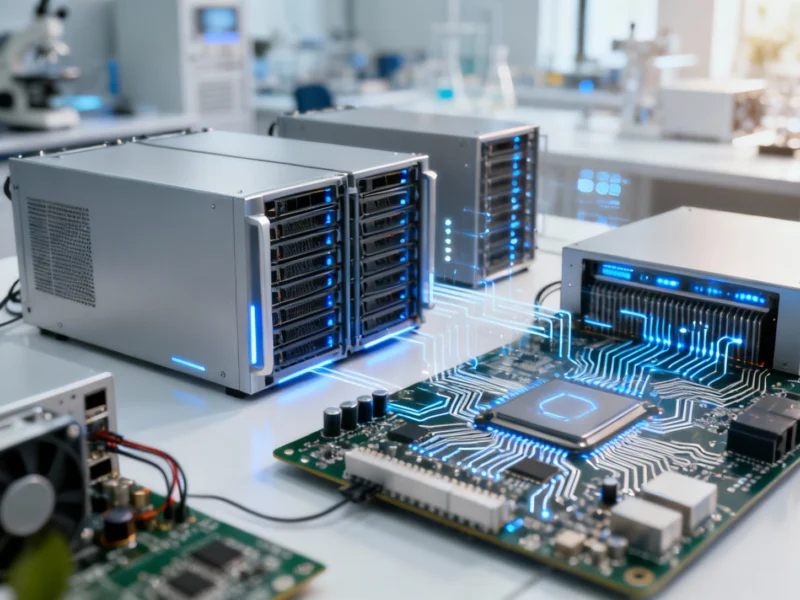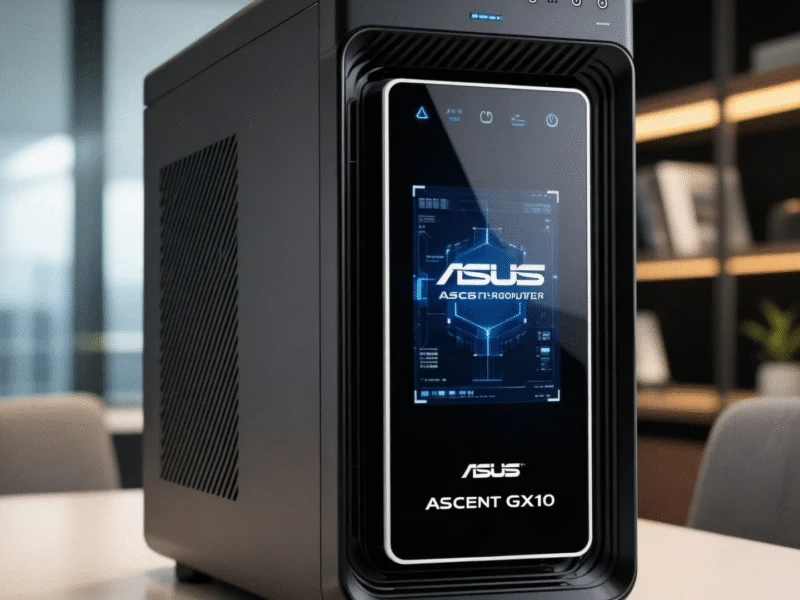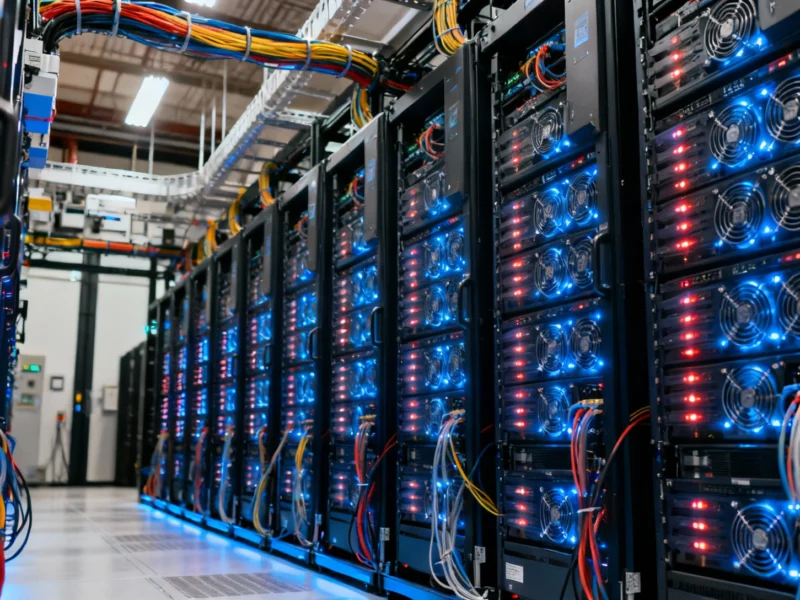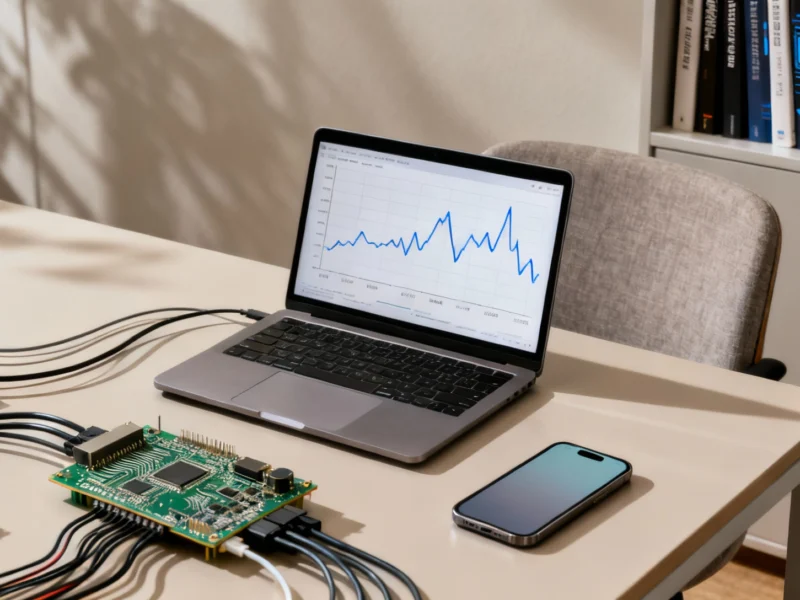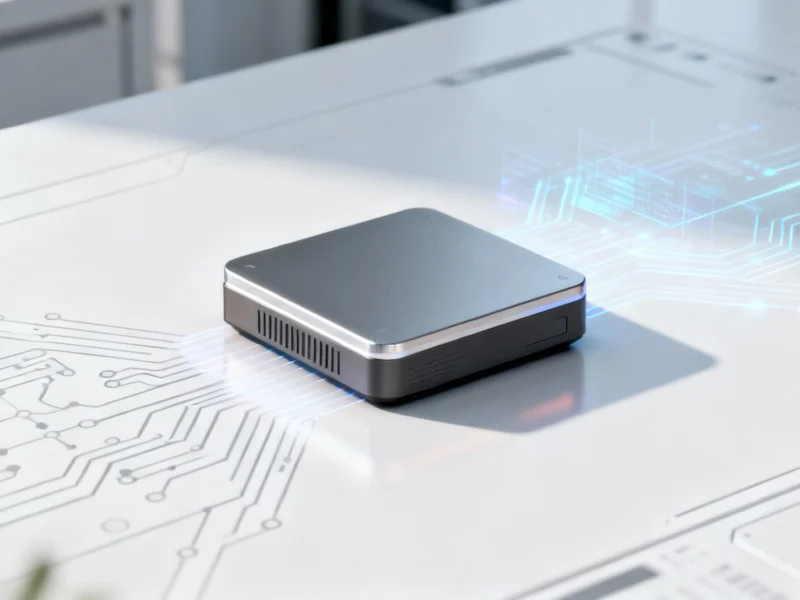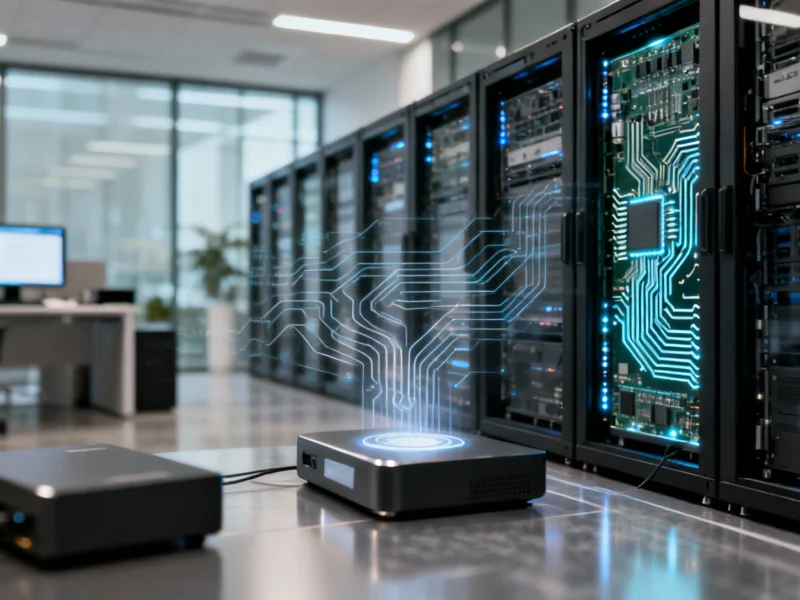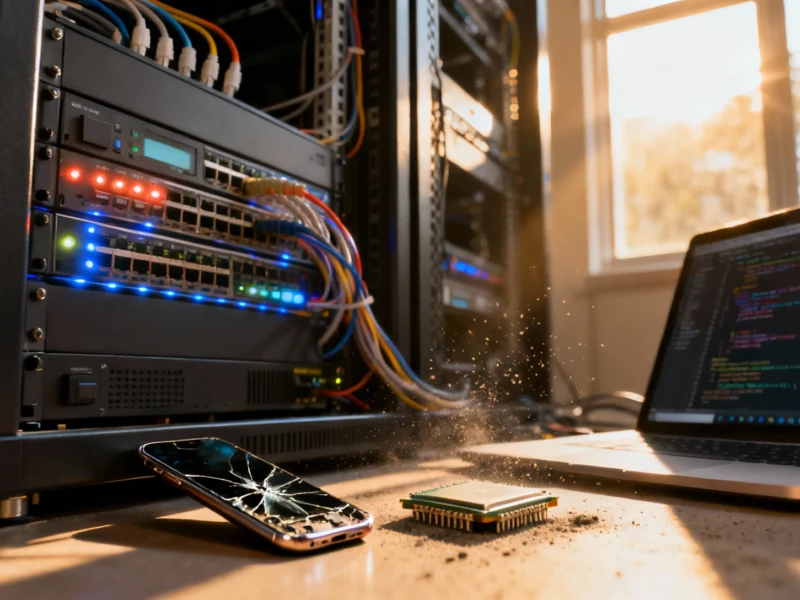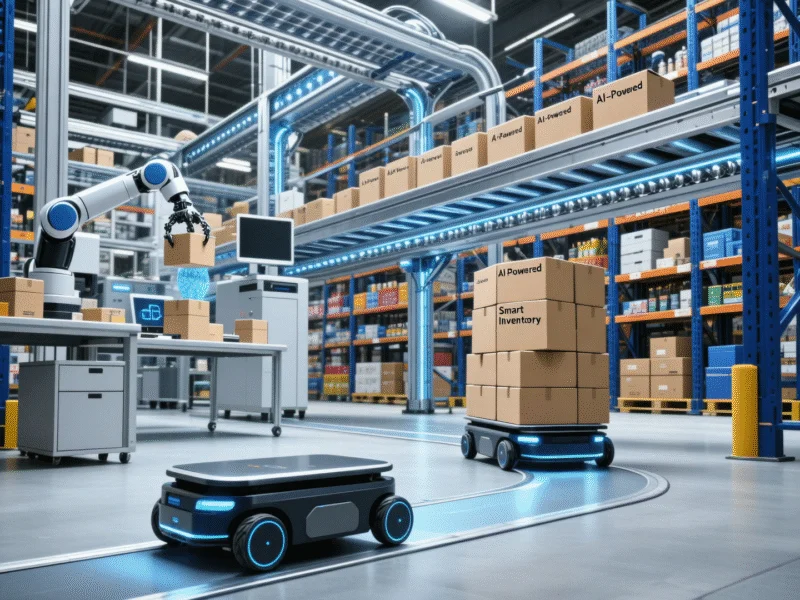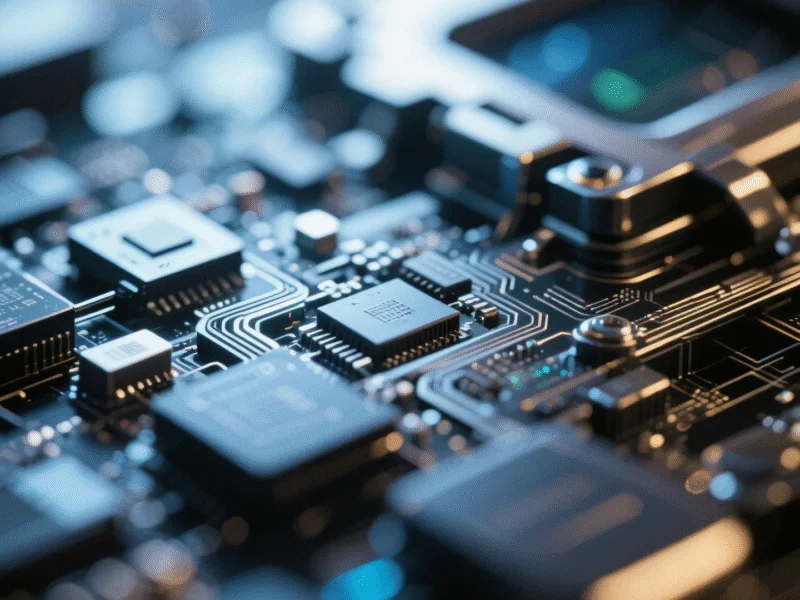Europe’s AI Strategy Accelerates with €500M Investment in 6 New AI Factories
The European Commission has announced six new AI Factories across Czechia, Lithuania, Netherlands, Romania, Spain, and Poland. This €500 million investment strengthens Europe’s position in artificial intelligence research and industrial adoption. The initiative represents a broader €2.6 billion commitment to creating a digitally sovereign AI continent.
The European Commission has significantly accelerated Europe’s artificial intelligence ambitions with a €500 million investment establishing six new AI Factories across the continent. This strategic expansion brings the total network to 19 facilities spanning 16 EU Member States, reinforcing Europe’s position as a global leader in digital innovation and AI sovereignty. The initiative represents a crucial step in the European Commission’s comprehensive strategy to create a digitally sovereign “AI continent” capable of competing with global tech powers.
